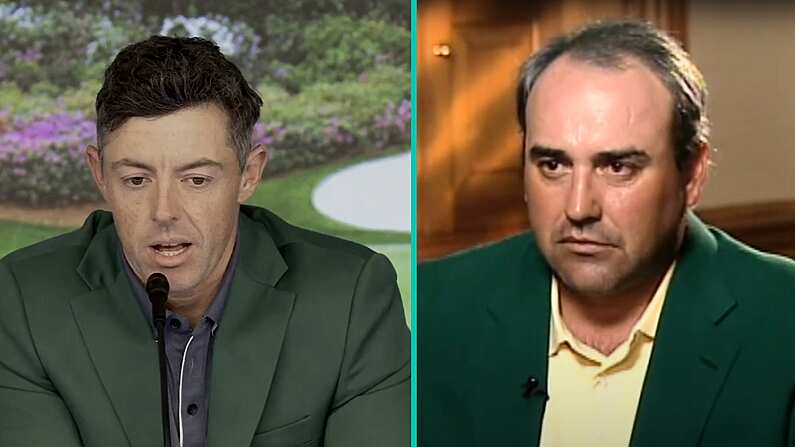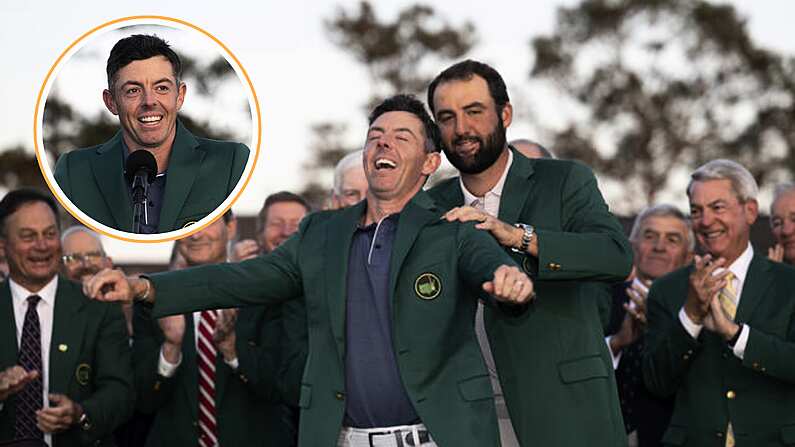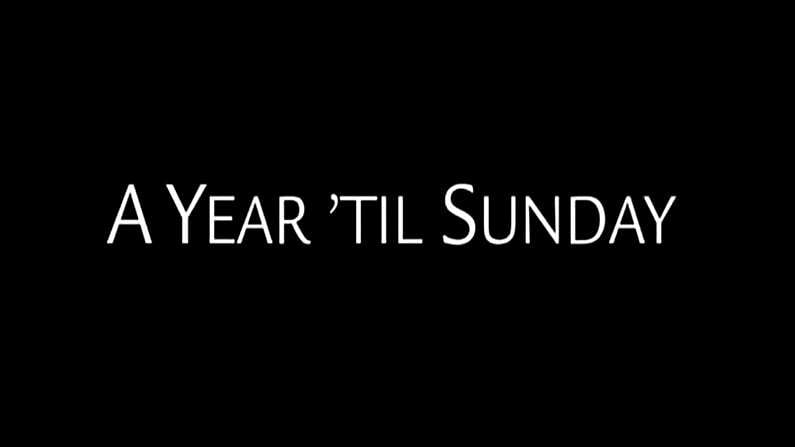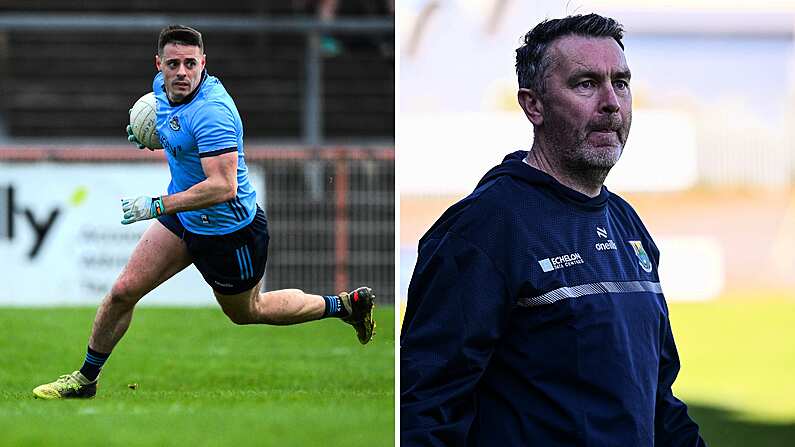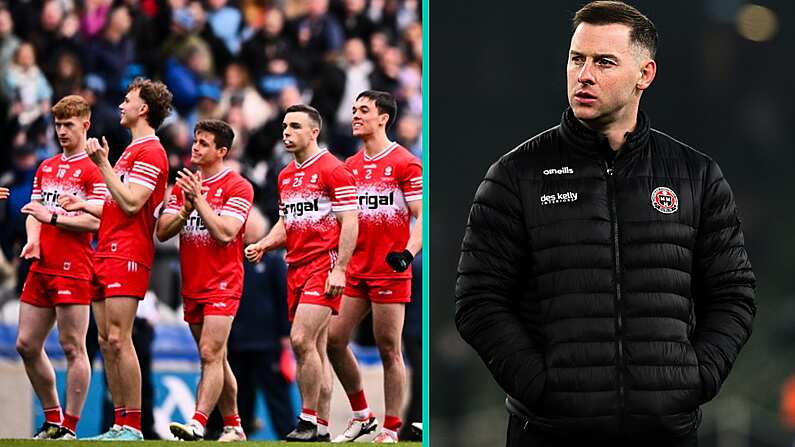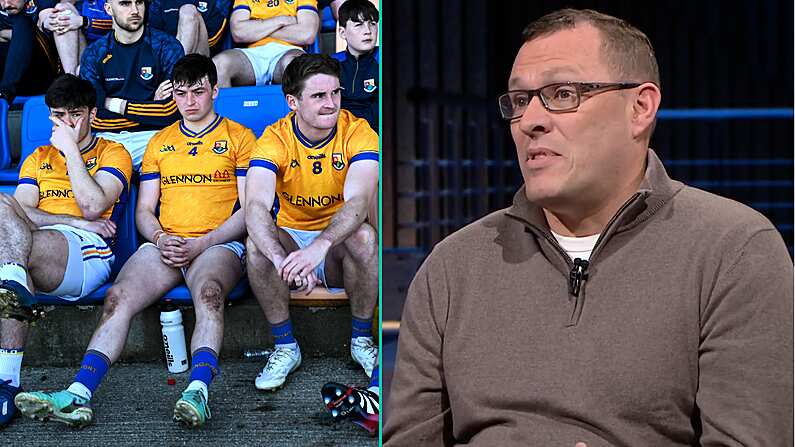A study published today by the ESRI and commissioned by the GAA and GPA has established the demands Gaelic football and hurling make of their players.
The study surveyed intercounty players during last year's championships, and asked them to respond by drawing on their experience from the 2016 season.
The headline finding is that players are spending up to 31 hours a week on their intercounty career, often to the detriment of their sleep and development of personal relationships. It also found that the primary motivation for players stepping away from the sport is to develop their own careers.
96% of all respondents said that their inter-county careers took up a large amount of time, with more than half of those surveyed saying that the commitments involved were too much.
That all being said, the vast majority of players said that they were happy they made the decision to play, with fewer than 5% of players saying they quit at the end of the 2016 season as they were not enjoying the game.
The survey was broad and looked at the impact on players' personal and professional lives and the impact their intercounty commitment has had on their club.
It found that players spend an average of 7.9 hours per day on their professional careers, which is in line with the average of the rest of the population. 6.1 hours per day is given over to their intercounty career, which author of the report Elish Kelly described as a "second shift of work after your first".
Given that players are not making sacrifices to their working life, they are making cutbacks in other areas of their daily lives.
Players aren't sleeping enough: while they spend on average 7.6 hours in bed a night, the recommended daily total for athletes is between eight and 10 hours. They are also cutting back in what the study termed 'Other', which is their downtime at home.
The report questions whether this level of commitment is sustainable in the long-term. 77% of players surveyed said that the biggest downside of their GAA careers was the lack of time spent with families, partners or friends. This is a bigger issue for older players, with 91% of players over the age of 30 citing this as a problem, compared to 71% of 18-21-year-olds.
The lack of sleep may also be contributing to injuries: the average injury rate among players is 52.1%, but that rises to 56.6% among players who sleep seven hours or less, compared to 49.4% among those who are sleeping more than seven hours a night.
All of these factors are combining, in the words of Ms. Kelly, to make each sport a "young man's game".
Of the reasons given as to why players stepped away at the end of the 2016 season, the biggest was to focus on professional careers (47.6%) followed by injury (24.1%).
Maintaining two careers in tandem is not feasible, with 93% of players saying that their working conditions need to be flexible to cope with the demands of intercounty players.
The lack of an off-season was accentuated by the report. Remarkably, 40% of players didn't have any time off in 2016, with the average break among those that did standing at 5.1 weeks.
The study also found that players levels of life satisfaction is in line with the general population, and that players' mental well-being is above the threshold for being at risk of depression. It is, however, below that of the general population especially for those at a similar age.
The report posits that a lack of sleep may be contributing to this: only 26% of players woke up feeling fresh and rested most to all of the time, and this was lower among footballers (22%).
Players are also worried about the expectation that they have to be role models all of the time, and feel the pressure of being in the public eye and 87% of players also feel the need to mind their behaviour in public.
Regarding club commitments: over 90% players felt their club played a major role in their development as a player, and that almost two-thirds indicated that their club management team were understanding regarding their intercounty commitments. The report did find that a lot of these arrangements are ad-hoc, however, and are asking the GAA to consider a more systemised relationship between club and county management teams to reduce players' workload.
Speaking at the publication of the report, former Tipperary hurling manager Dr. Eamon O'Shea drew attention to the issue of time in a player's daily life. "There has been an expansion of capital and labour in the production of Gaelic games", and pointed out that "time is the constraint".
He called on county boards to look at regulating the time available to produce Gaelic games.
GAA president John Horan also spoke on that topic, and floated the possibility that the GAA hire a "David Nucifora-type", in reference to the IRFU's performance director, in order to manage centrally what level of commitment is best for players.
He also spoke of the alternative of delegating this responsibility to each county board, and he also pointed out the responsibility borne by intercounty managers. "Managers are key to this, and there is a lot in the report for managers to digest".
The report can be read in full on the ESRI website.






